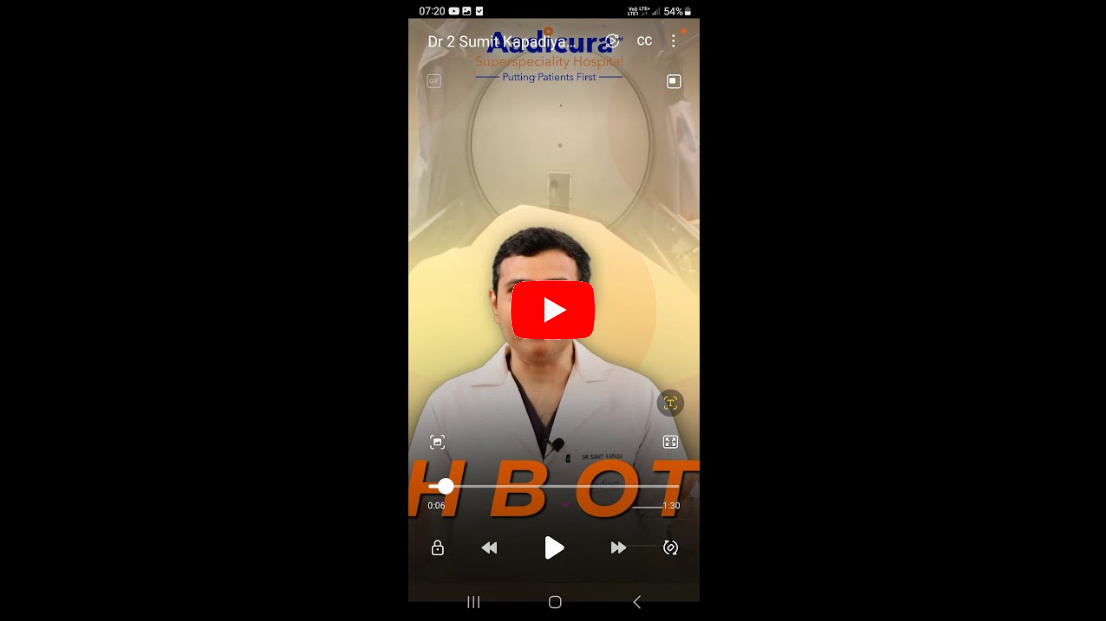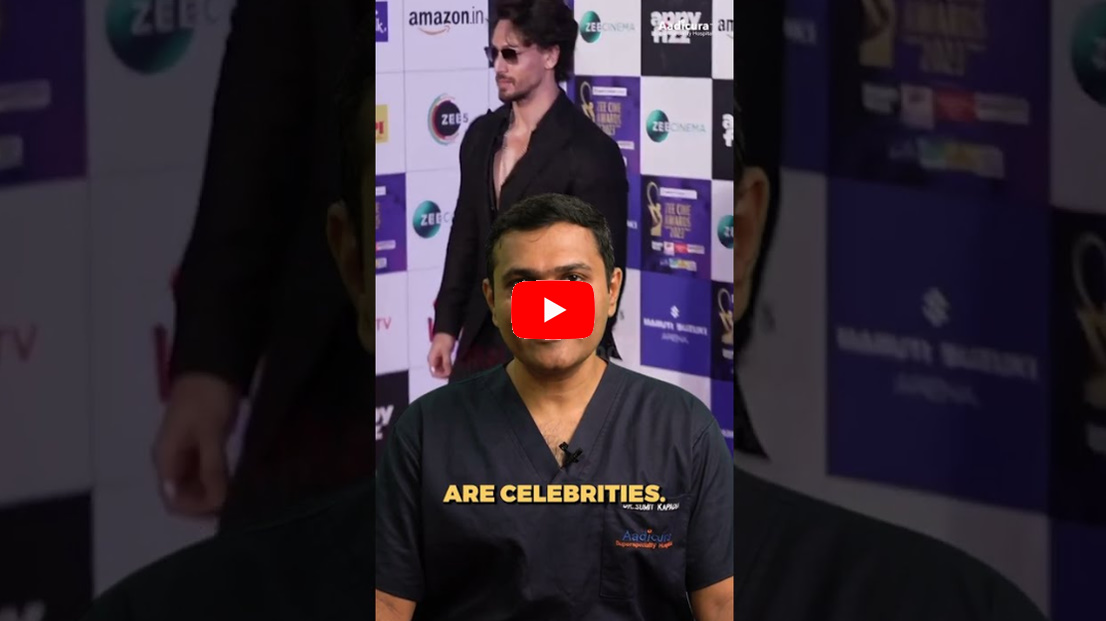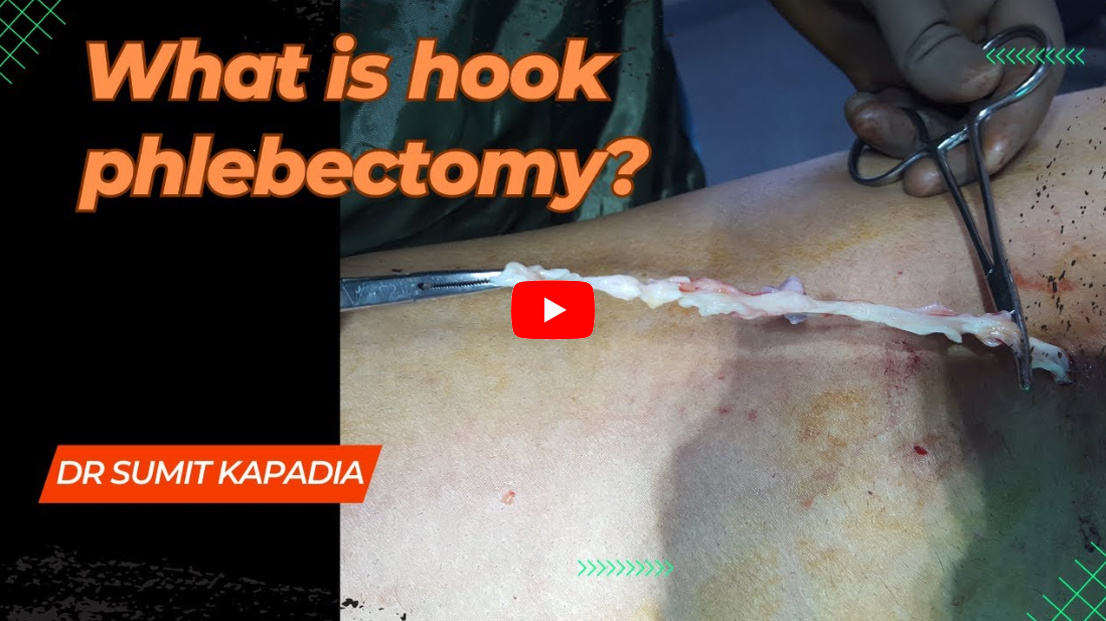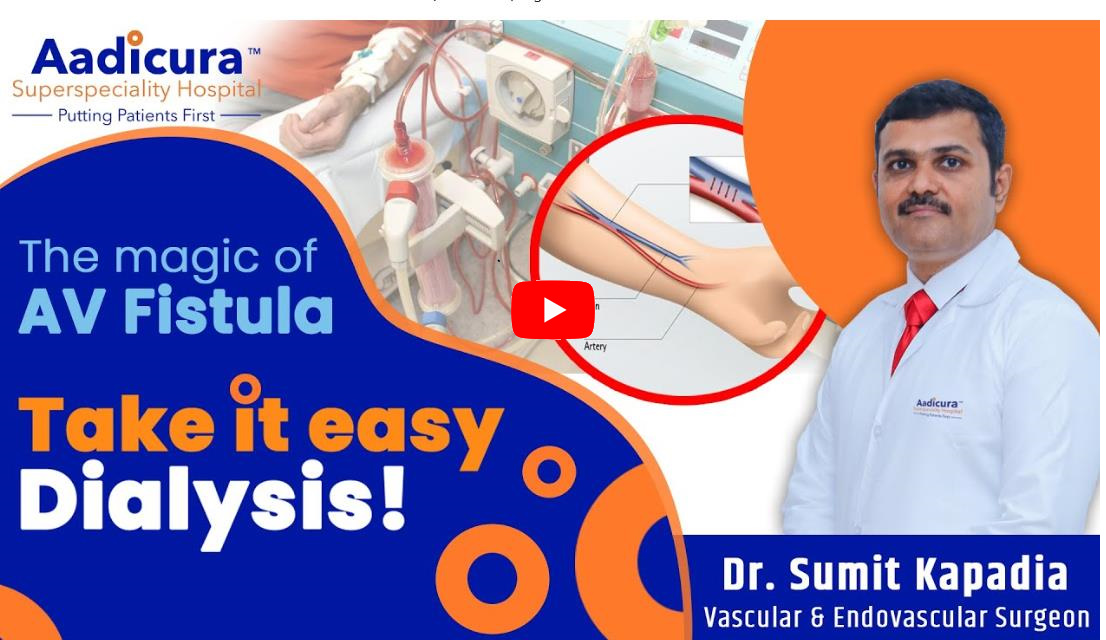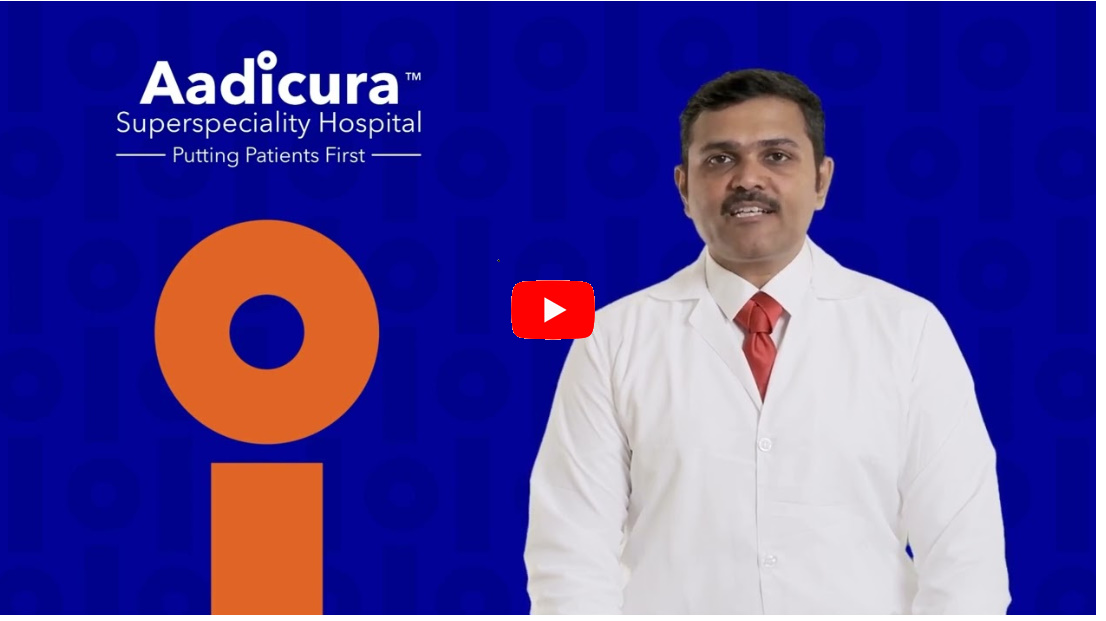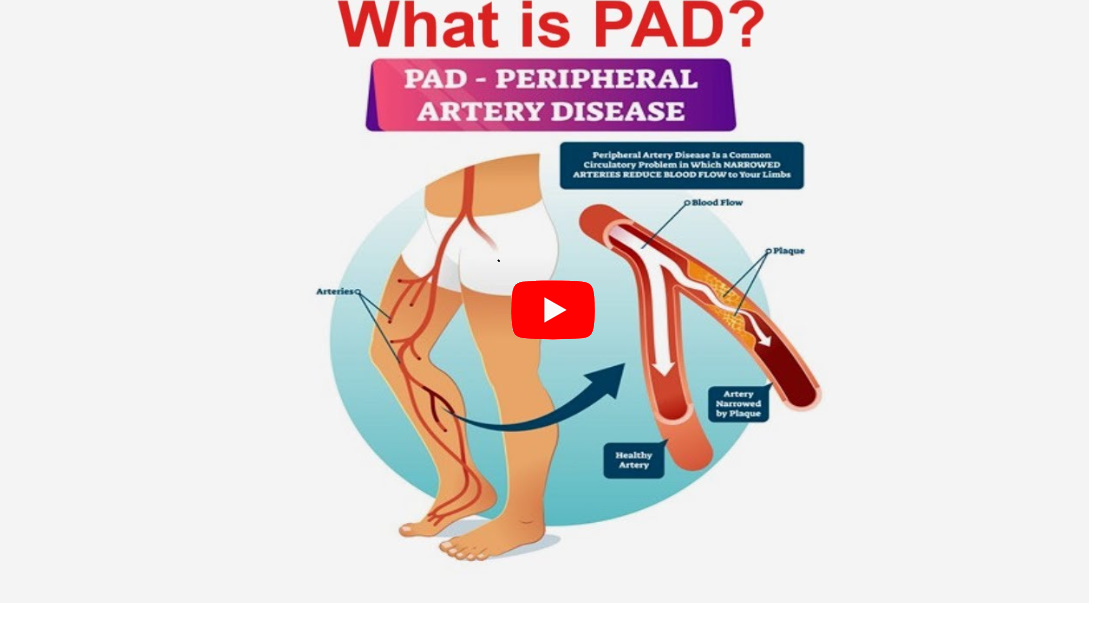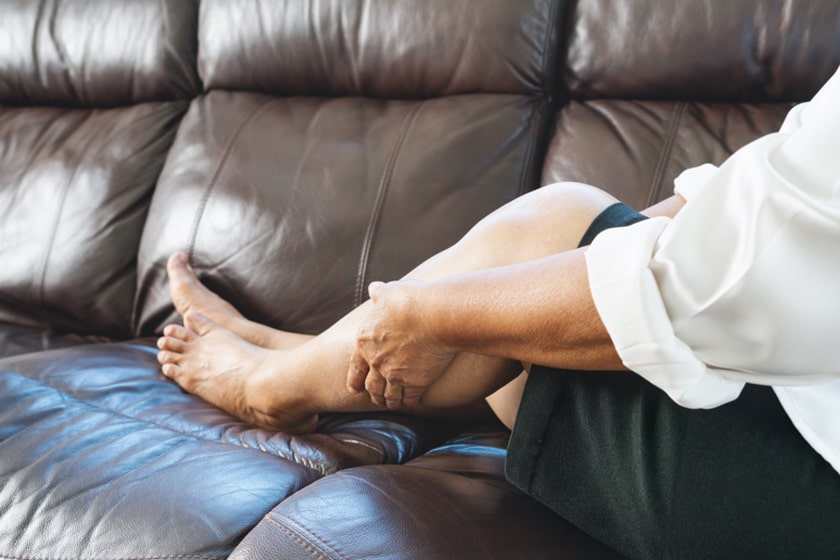
How to Manage Pain and Swelling After Varicose Vein Surgery
Varicose veins, the twisted, enlarged veins often visible under the skin, can be more than just a cosmetic concern. For many, they bring discomfort and health complications. Varicose vein surgery, undertaken by specialists like Dr. Sumit Kapadia, offers relief. However, understanding how to manage post-surgery pain and swelling is key to a smooth recovery and optimal outcomes
Watch the Video to learn more about The BEST Varicose Veins Treatments (MAJOR BREAKTHROUGH)
Understanding Varicose Vein Surgery
Varicose vein surgery is a pivotal treatment for those suffering from varicose veins, a condition characterized by swollen, twisted veins that usually appear on the legs. These veins, while often considered a cosmetic issue, can lead to discomfort, pain, and even more serious health complications if left untreated.
The Nature of Varicose Veins
Varicose veins are caused by weakened or damaged valves in the veins. Under normal conditions, these valves ensure blood flows toward the heart. However, when they fail, blood can pool in the veins, causing them to enlarge and become varicose. Factors like age, genetics, obesity, pregnancy, and prolonged standing can increase the risk of developing varicose veins.
Types of Varicose Vein Surgeries/ treatments
Varicose vein treatments are designed to alleviate symptoms, prevent complications, and improve cosmetic appearance. The choice of treatment depends on the severity of the condition, the patient’s health, and their preferences. Common procedures include:
Sclerotherapy: A minimally invasive treatment where a solution is injected into the vein, causing it to scar and blood to reroute through healthier veins.
Laser Surgery: Involves sending bursts of laser energy inside the vein, blocking it and slowly to disappear.
Endovenous Ablation Therapy: Uses heat from laser or radiofrequency to close off the affected veins.
Vein Stripping and Ligation: Traditional surgery where the vein is tied off and removed.
Endovascular Techniques in Varicose Vein Treatment: In recent years, endovascular techniques have become increasingly popular in varicose vein treatment. Procedures like endovenous laser therapy (EVLT) and radiofrequency ablation (RFA) are minimally invasive and involve closing the varicose vein through small incisions or needle punctures. These techniques are favoured for their effectiveness, minimal discomfort, and quick recovery.
The Role of a Varicose Vein Surgeon
A varicose vein surgeon, like Dr. Sumit Kapadia, plays a critical role in diagnosing the severity of the condition and recommending the most appropriate treatment. Dr. Kapadia’s expertise in various surgical methods, including the latest minimally invasive techniques, ensures that patients receive personalised care tailored to their specific needs.
Post-Surgery Considerations
Post-surgery, the focus shifts to recovery and preventing future varicose veins. This includes lifestyle changes, regular follow-ups, and sometimes the use of compression stockings to aid healing and improve blood circulation.
Reducing Pain and Swelling After Varicose Vein Surgery
Managing post-operative symptoms effectively is crucial for a smooth recovery after varicose vein surgery. Varicose vein surgery complications, including pain and swelling, are common but can be significantly mitigated with proper care. Here’s how:
Elevating Your Legs
One of the simplest yet most effective ways to reduce swelling is leg elevation. Elevating your legs above heart level several times a day encourages venous return and reduces pressure in the leg veins. This practice is particularly beneficial after varicose vein surgery and helps to alleviate discomfort and accelerate healing.
Compression Stockings
Wearing compression stockings is a cornerstone of post-surgery care. These specially designed stockings apply gentle pressure to your legs, promoting blood flow, reducing swelling, and alleviating post-surgery pain. Varicose vein specialists, like Dr. Sumit Kapadia, often recommend wearing compression stockings for several weeks post-surgery to ensure optimal recovery.
Gentle Physical Activities
While rest is important, incorporating gentle physical activities such as walking can significantly improve circulation, aiding in the reduction of pain and swelling. Patients are advised to engage in light activities without overexerting themselves. Regular, short walks can be particularly beneficial during the varicose veins laser treatment recovery time.
Cold Compresses
Applying cold compresses or ice packs to the affected areas can provide immediate relief from pain and help reduce swelling. The cold helps constrict blood vessels, thereby reducing inflammation and discomfort. It’s important to wrap the ice packs in a cloth to avoid direct contact with the skin.
Pain Management
Post-surgery pain management is crucial for a comfortable recovery. Over-the-counter pain relievers, such as ibuprofen or acetaminophen, are often effective for managing mild to moderate pain. For cases where pain is more pronounced, a varicose vein doctor or surgeon may prescribe stronger medication.
Hydration and Diet
Staying well-hydrated and maintaining a balanced diet play a vital role in post-operative recovery. Adequate hydration helps reduce the risk of blood clots and aids in overall health. A diet rich in fibre can prevent constipation, which is important as straining can exacerbate pain and swelling.
Regular Follow-up Visits
Post-surgery follow-up visits with a varicose vein specialist are essential. These visits allow the doctor to monitor the healing process, address any concerns, and adjust post-operative care plans as needed. Dr Sumit Kapadia, with his extensive experience in varicose vein surgery, provides comprehensive post-operative care to ensure a smooth and efficient recovery.
What to Avoid After Surgery
Post-surgery, certain activities and habits should be avoided to ensure a smooth recovery:
Prolonged Inactivity: Avoid sitting or standing for extended periods, as this can increase swelling and discomfort.
Neglecting Compression Stockings: Consistent use of prescribed compression stockings is vital for recovery.
Rushing Physical Activities: It’s important to avoid strenuous activities and heavy lifting for a recommended period post-surgery.
Pain Medication Post Vein Ablation
Managing pain effectively post-surgery is vital. Over-the-counter medications like ibuprofen or acetaminophen are generally effective for mild pain. In cases of more intense pain, Dr. Kapadia may prescribe appropriate pain relief medications, ensuring patient comfort during the recovery phase.
Duration of Pain Post-Surgery
The experience of pain after varicose vein surgery can vary among individuals. Most patients report a significant reduction in pain within the first few weeks. The complete healing process, however, may take longer, depending on the individual’s health and the extent of the surgery. Regular follow-up visits with a varicose vein specialist like Dr. Kapadia are essential to monitor recovery and address any concerns.
Conclusion – Why Choose Dr. Sumit Kapadia for the Surgery
Selecting a qualified and experienced varicose vein surgeon is crucial for successful treatment and recovery. Dr Sumit Kapadia, with his extensive experience in varicose vein surgery and post-operative care, ensures patients receive tailored treatment plans. His approach not only addresses the immediate issues of varicose veins but also focuses on long-term recovery and health. Under his care, patients can expect a comprehensive treatment plan, expert advice on managing post-surgery symptoms, and a commitment to achieving the best possible outcomes.

